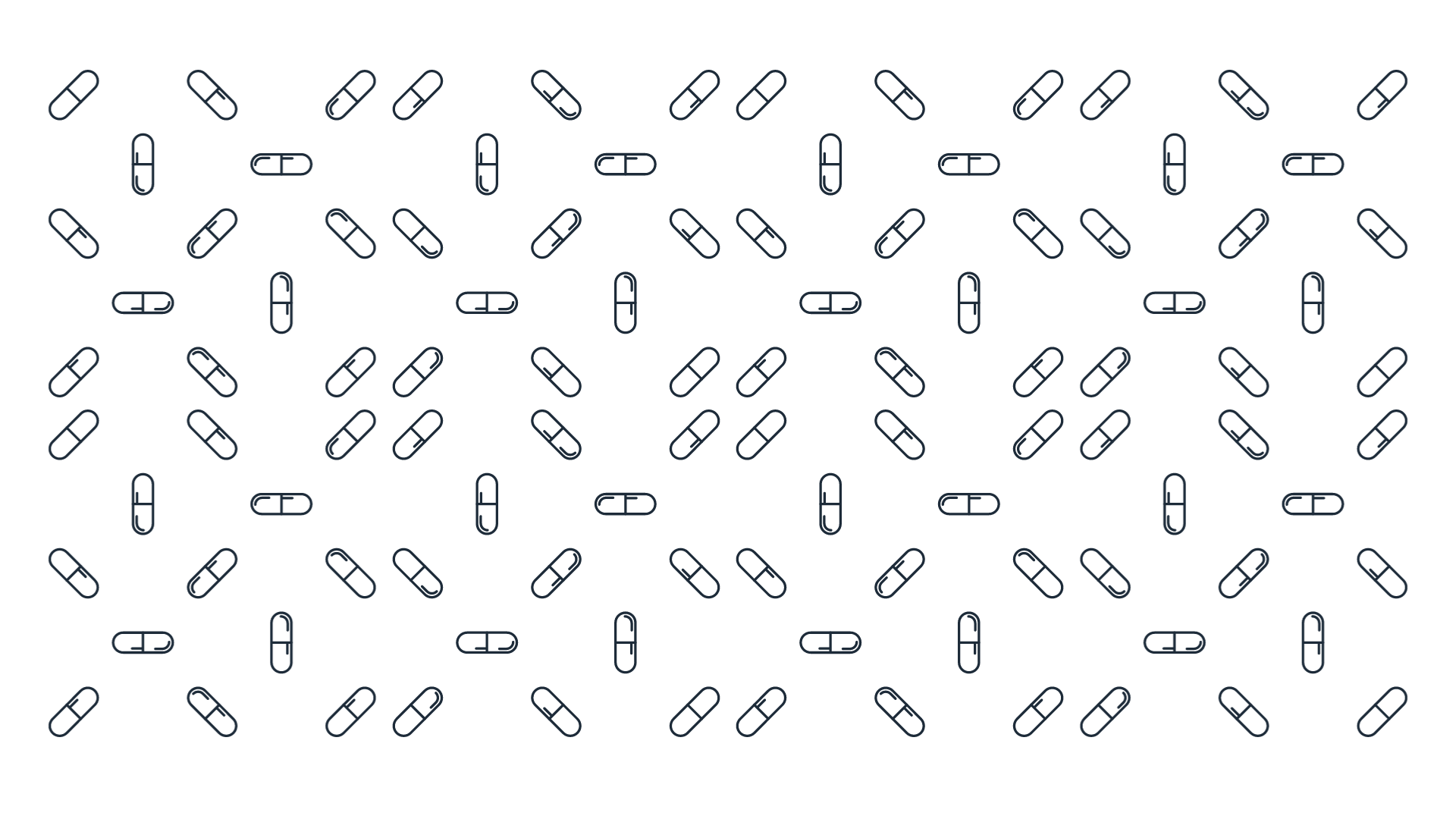Synonyms and Related Phrases
- Medications: Valium-type, Xanax-like, Ativan, Librium
- Street Names: Roofies, Tranks, Downers, Benzos, Goofballs, Mexican Pills
- Slang Terms: Roach, Heavenly Blues, Valo, Stupefi
- Misuse Indicators: Date Rape Drugs, Anxiety Relief, Substance Misuse
- Health Concerns: Benzodiazepine Misuse, Drug Abuse, Medication Overdose
- Party Scene: Club Drug Culture, Recreational Substance Use

Benzodiazepine Misuse Insights
The misuse of benzodiazepines is a prevalent issue with far-reaching consequences. Without proper intervention, this misuse can profoundly affect your personal relationships, career, and overall physical and emotional well-being. Benzodiazepines belong to a class of medications known as tranquilizers, with familiar brand names like Valium and Xanax. These drugs are among the most frequently prescribed medications in the United States. However, when individuals without prescriptions access and consume benzodiazepines primarily for their sedative properties, it escalates into misuse.
In some cases, even individuals with legitimate prescriptions can misuse their medications. Signs of a potential problem include taking excessive doses, depleting the prescription prematurely, obsessively tracking the next dose, and feeling an inability to function without it.
Physicians may prescribe benzodiazepines for various valid medical reasons, including:
- Managing anxiety
- Treating insomnia
- Facilitating alcohol withdrawal
- Controlling seizures
- Promoting muscle relaxation
- Inducing amnesia for uncomfortable medical procedures
- Administering before anesthesia, such as before surgery
Benzodiazepines exert their effects on the central nervous system, resulting in sedation, muscle relaxation, and anxiety reduction.
Although a wide range of benzodiazepines has been developed, only about 15 are currently approved by the FDA in the United States. They are typically categorized based on the duration of their effects.

